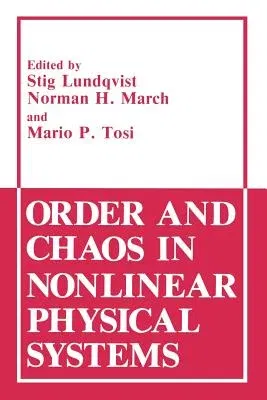Order and Chaos in Nonlinear Physical Systems (Softcover Reprint of the Original 1st 1988)Paperback - Softcover Reprint of the Original 1st 1988, 17 June 2013

Qty
1
Turbo
Ships in 2 - 3 days
In Stock
Free Delivery
Cash on Delivery
15 Days
Free Returns
Secure Checkout
Part of Series
Physics of Solids and Liquids
Print Length
469 pages
Language
English
Publisher
Springer
Date Published
17 Jun 2013
ISBN-10
1489920609
ISBN-13
9781489920607
Description
Product Details
Book Edition:
Softcover Reprint of the Original 1st 1988
Book Format:
Paperback
Country of Origin:
NL
Date Published:
17 June 2013
Dimensions:
23.39 x
15.6 x
2.51 cm
ISBN-10:
1489920609
ISBN-13:
9781489920607
Language:
English
Location:
New York, NY
Pages:
469
Publisher:
Weight:
680.39 gm

